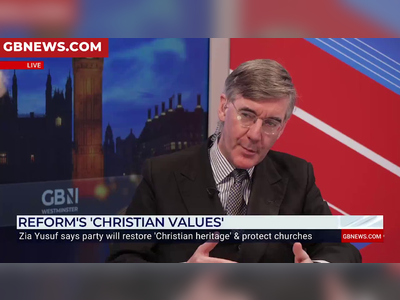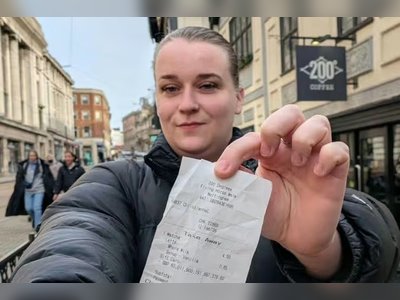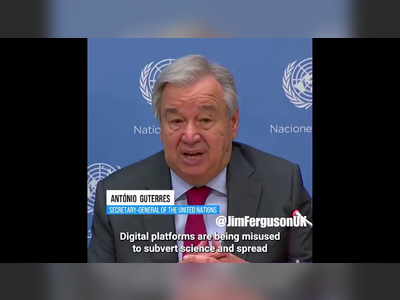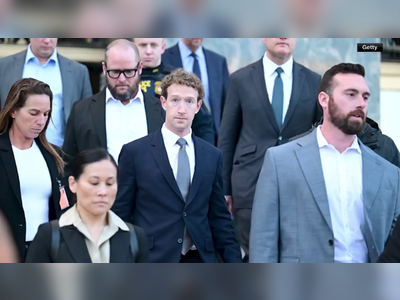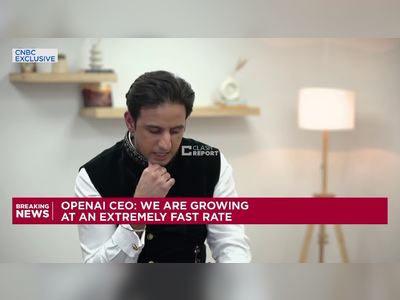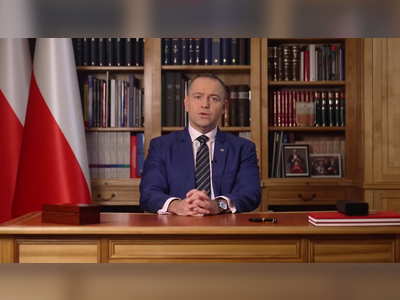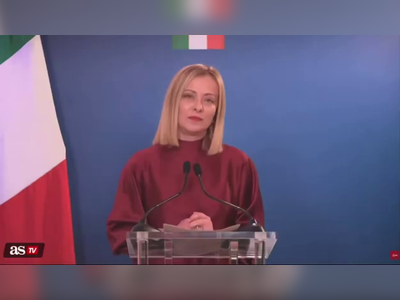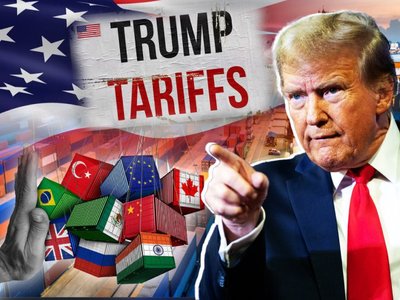Dutch Court Greenlights Fraud Charges in Multi-Million Euro Mask Deal: Sywert van Lienden Under Fire
Dutch authorities take aim at van Lienden and associates amidst public outrage and cries of innocence in pandemic-era procurement scandal.
In a courtroom decision resonating across the Netherlands, a judge has sanctioned the legal pursuit of Sywert van Lienden and his associates over an alleged fraudulent face mask deal with the Dutch government.
Van Lienden, a well-known public figure, has steadfastly proclaimed his innocence, casting the prosecution as a saga of emotional strain rather than culpable intent.
At the heart of the drama lies a moral quandary: the juxtaposition of public trust against personal exoneration.
The Dutch public, already reeling from perceived betrayals in political and economic spheres, has expressed palpable outrage over the potential misappropriation of public funds during the COVID-19 pandemic.
Yet, van Lienden presents his stance as a desperate attempt to mitigate a crisis, rather than an orchestrated deceit.
During the pandemic's zenith, the global demand for personal protective equipment was marked by urgency and disarray—a chaotic backdrop against which ethical lines were frequently blurred.
This context, van Lienden's defense argues, shrouds his actions not in malfeasance but in the pursuit of a greater good.
Nonetheless, allegations of fraud, especially amidst a pandemic, wield the power to significantly undermine public trust in governance—a foundational pillar for effective administration.
A global audience watches, aware of the destructive potential when public outcry precedes judicial determination, creating a 'guilty until proven innocent' milieu.
Beyond individual guilt lies a broader challenge: systemic re-evaluation.
How, critics demand, did governmental procurement protocols fail so spectacularly?
The case has already reignited debates on transparency and necessitated discussions on procurement reform, advocating for systems that uphold ethical integrity without sacrificing promptness in emergencies.
Wise voices suggest that such scandals can act as stimuli for reform, strengthening mechanisms of accountability and openness.
They urge that the focus remain not solely on punitive measures but also on rectifying systemic vulnerabilities.
As society navigates the repercussions of these charges, it faces Nietzsche’s axiom: 'What does not destroy me, makes me stronger.' The lessons forged in the crucible of crisis—particularly one marked so deeply by ethical and operational lapses—hold the potential to shape a more robust and responsive governance landscape, proving invaluable in the complexities of our evolving world.
Van Lienden, a well-known public figure, has steadfastly proclaimed his innocence, casting the prosecution as a saga of emotional strain rather than culpable intent.
At the heart of the drama lies a moral quandary: the juxtaposition of public trust against personal exoneration.
The Dutch public, already reeling from perceived betrayals in political and economic spheres, has expressed palpable outrage over the potential misappropriation of public funds during the COVID-19 pandemic.
Yet, van Lienden presents his stance as a desperate attempt to mitigate a crisis, rather than an orchestrated deceit.
During the pandemic's zenith, the global demand for personal protective equipment was marked by urgency and disarray—a chaotic backdrop against which ethical lines were frequently blurred.
This context, van Lienden's defense argues, shrouds his actions not in malfeasance but in the pursuit of a greater good.
Nonetheless, allegations of fraud, especially amidst a pandemic, wield the power to significantly undermine public trust in governance—a foundational pillar for effective administration.
A global audience watches, aware of the destructive potential when public outcry precedes judicial determination, creating a 'guilty until proven innocent' milieu.
Beyond individual guilt lies a broader challenge: systemic re-evaluation.
How, critics demand, did governmental procurement protocols fail so spectacularly?
The case has already reignited debates on transparency and necessitated discussions on procurement reform, advocating for systems that uphold ethical integrity without sacrificing promptness in emergencies.
Wise voices suggest that such scandals can act as stimuli for reform, strengthening mechanisms of accountability and openness.
They urge that the focus remain not solely on punitive measures but also on rectifying systemic vulnerabilities.
As society navigates the repercussions of these charges, it faces Nietzsche’s axiom: 'What does not destroy me, makes me stronger.' The lessons forged in the crucible of crisis—particularly one marked so deeply by ethical and operational lapses—hold the potential to shape a more robust and responsive governance landscape, proving invaluable in the complexities of our evolving world.
